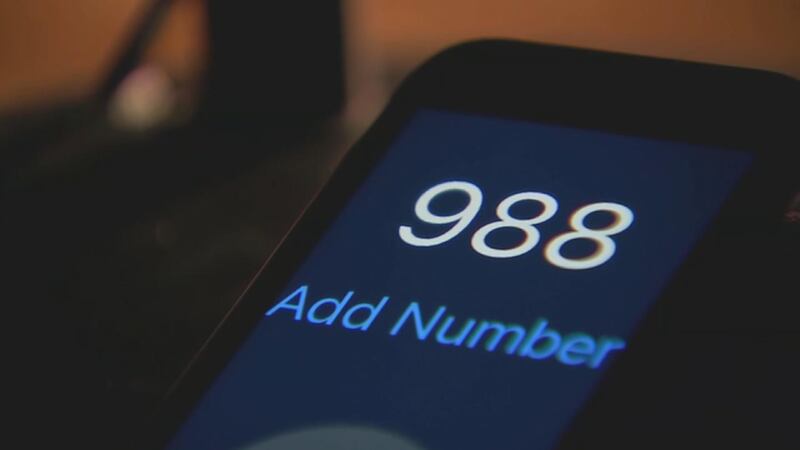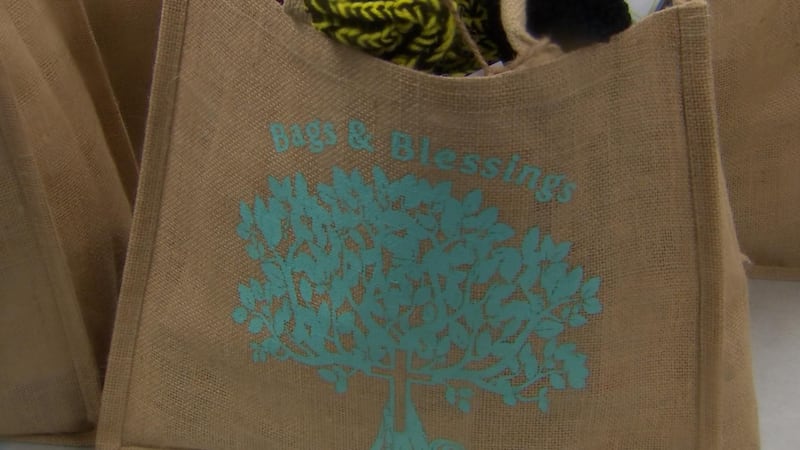PITTSBURGH — This time of the year can be joyous and happy for many — but for others, it can be really tough.
In the latest feature of ‘Coffee & Conversations’ we want to break the stigma by focusing on mental health.
At Di’s Kornerstone Diner in McKeesport, Channel 11′s Lisa Sylvester sat down with Dr. Jack Rozel from the Resolve Crisis Services and Dr. Abigail Schlesinger — the chief of child and adolescent psychiatry at UPMC Western Psych and Children’s Hospital.
When asked, Schlesinger noted that mental health issues have become worse in the last two years.
“There is no question the pandemic was stressful and when there is stress and fear, and a lack of money and resources, mental health gets worse,” she said.
The pandemic tested our resiliency.
To cope, many people turned to mindless scrolling on their phones, or binge-watching, disconnecting from others
“One of the biggest communication fails of the last three years is social distancing. It should have been physical distancing. And social connection and social engagement,” Rozel said.
More people have been seeking behavioral health services, but at the same time, with the Great Resignation, there are fewer therapists, social workers and, psychologists available.
In some cases people have waited and waited to get in to see someone.
“But we certainly had times where it was months before you could get an intake for a therapist. Months... It’s not like that now, which is good,” said Schlesinger.
All ages have been affected, including kids, teens and tweens.
“We did go through a phase where sucidality was increasing — also increasing was the number of kids going to ER with suicide ideation and a decreased ability to meet their needs in the behavioral health world,” said Rozel.
Sylvester asked what the signs to watch for ARE.
“Anytime people are feeling hopeless, helpless, they can’t get out of the hole, they are unhelpable. There’s nothing anyone can do — that’s really concerning,” Rozel said.
Part of lifting the stigma is being direct and just asking someone if they are feeling helpless or thinking of harming themselves.
“You would be surprised how many kids will say yes, I have thoughts, I’ve discussed with my friends but I’m afraid to discuss with my parents because of what they might think or how they might act,” Schlesinger said.
“You ask, you listen, you link,” added Rozel.
Ask if they are feeling hopeless, listen... and link them to resources like the Resolve Crisis Services or suicide hotline — 988.
Even if you are not sure, check on people:
“Something we can do as a society — the three of us can do at this table — is reach out to someone in world who may not be connected to people,” Schlesinger said. “You are helping someone else and you are helping you by connecting to someone.”
When asked if it gets better, Schlesinger said yes, but not right away.
“You got to hang in there, sometimes the treatment doesn’t work right away. I often say even for teens, it took awhile to get here, it’s not going to turn around overnight,” she explained.
But it starts with reaching out for help.
The suicide hotline is 988.
If you’re concerned about yourself or someone else, program the numbers into your cell phone so you have it handy.
The majority of gun deaths are suicides.
One program 11 News wanted to highlight is a group called ‘Hold My Guns’.
This is a network of local gun shops where they will temporarily hold your gun for you on a voluntary basis if you’re going through a mental health crisis.
Click here for more information.
Download the FREE WPXI News app for breaking news alerts.
Follow Channel 11 News on Facebook and Twitter. | Watch WPXI NOW
TRENDING NOW:
©2022 Cox Media Group









